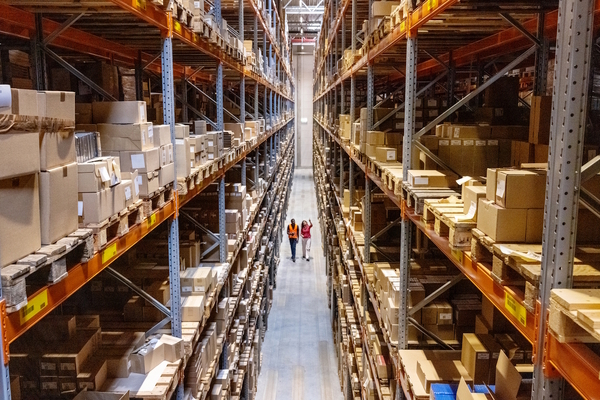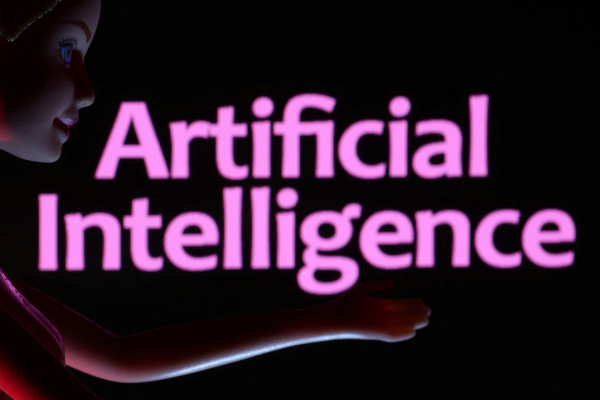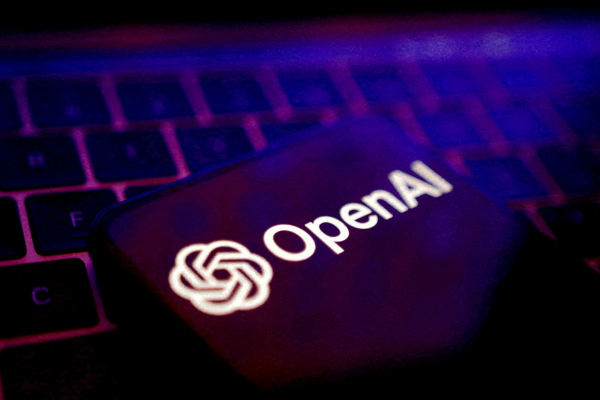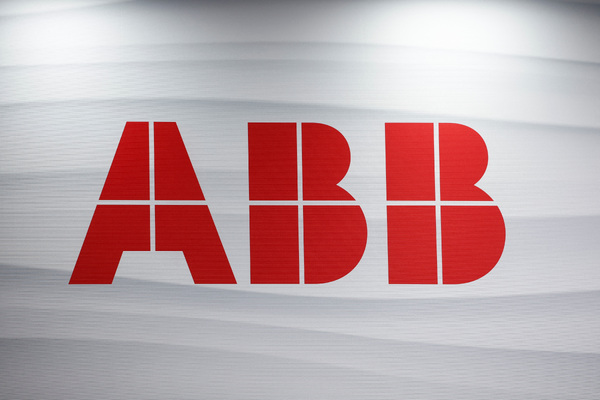Search marketing and artificial intelligence
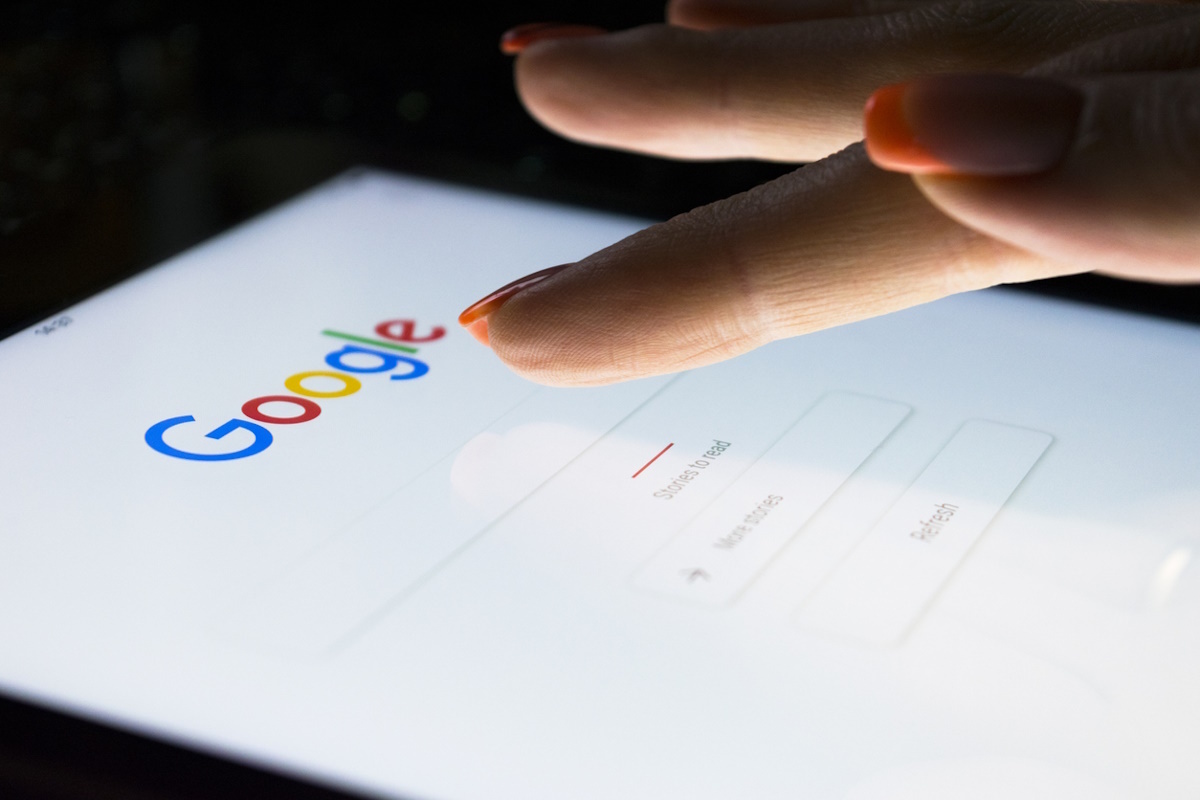
James Barber at Go Up looks at how AI will change SEO practice
Few industries have been untouched by the rapidly rising power of AI, but one that has arguably been impacted more than most is search engine optimisation (SEO).
This isn’t surprising considering AI’s ability to automate so many of an SEO practitioner’s key responsibilities. But what exactly does the future hold for SEO in an increasingly AI-dominated landscape, and is this for the best? We’ve got the answers – the good, the bad, and the ugly.
The good
The ’good’ area for using AI during SEO processes is its ability to help practitioners do what they do even more effectively.
Rapid prototyping: Developing a core SEO strategy arises from questions that AI simply cannot and should not help with — for example, who is your brand trying to reach and why? Stemming from that core strategy, however, comes the need for rapid prototyping, such as for content examples, for instance. This is something generative AI is great at — consider it an improved version of Lorem Ipsum in this regard.
Menial tasks managed: Areas of tight SEO requirements are good grounds for AI intervention. For example, it’s likely to get that perfect 55-character title tag well before a human does.
The bad
The ’bad’ area for AI’s potential impact on SEO processes is where the practitioner is no longer at the wheel. It’s a mindset of organic search growth without a thought for the brand’s reputation or its audience. Let’s unpack what this means exactly.
Quickfire content production: Rather than SEO specialists using generative AI to develop important building blocks for effective content, AI makes it possible for them to outsource the whole content production process. This is a recipe for disaster if they don’t moderate what’s published. AI-generated content has many shortcomings, from bias to unimaginative, even plagiarised content, all of which can damage a brand’s SEO efforts.
Silly strategies: Beyond content production, AI tools can be used to generate ideas for improving SEO performance. However, recommendations may be generic and illogical courses of action for a particular brand, even if it’s sound advice generally. Running an online-only blog about astrology? AI tools might ask you to focus on local SEO strategy, which would ultimately be a massive waste of time and effort.
The ugly
Let’s assume the ’good’ area for SEO and AI is for those already operating in the interest of brands and their audiences. Let’s also assume the ’bad’ area is for those who think AI for SEO is a fast route to free traffic, but don’t understand the full implications of what they’re doing. The ’ugly’ area is for those who are well aware of these two areas and tread the line carefully.
Operating a website belonging to a known brand which already has strong associations with sought-after topics? Generative AI could bash out scores of non-controversial, factually accurate but ultimately ’vanilla’ content that brands are in a great position to rank favourably for. This runs the risk of making the internet become a very homogenous place, with the same sites appearing time and time again. This is surely something none of us want. Surely it’d be much better to see content from genuine experts on topics.
Let’s hope that Google remains wise to colourless content churned out by AI tools, and continues to prioritise more engaging — and ultimately useful — output accordingly.
The importance of the human touch
By stringently reviewing all strategy-related materials produced with the help of AI, SEOs can ensure that their output remains engaging, accurate and original. It’s also a good idea for brands to introduce strict editorial guidelines and style standards so the standard of content remains high from the off.
Similarly, when it comes to broader strategic tasks, solely trusting AI should again be a no-no. Yes, AI tools will almost certainly get better at undertaking these tasks as time goes on, but only by getting stuck into things themselves can SEO professionals ensure they make the right strategic choices.
So, what does the future hold for SEO?
The approaches of industry professionals towards using AI tools for SEO purposes and how search engines regulate their use will go a long way to shaping this reality.
For SEO practitioners specifically, cautiously experimenting with these tools is the best approach for now, all while keeping in mind AI’s potential and pushing things further where appropriate. What is clear is that the human touch will remain crucial to successful SEO.
James Barber is Head of Strategy at Go Up.
Main image courtesy of iStockPhoto.com

Business Reporter Team
Most Viewed
Winston House, 3rd Floor, Units 306-309, 2-4 Dollis Park, London, N3 1HF
23-29 Hendon Lane, London, N3 1RT
020 8349 4363
© 2025, Lyonsdown Limited. Business Reporter® is a registered trademark of Lyonsdown Ltd. VAT registration number: 830519543
